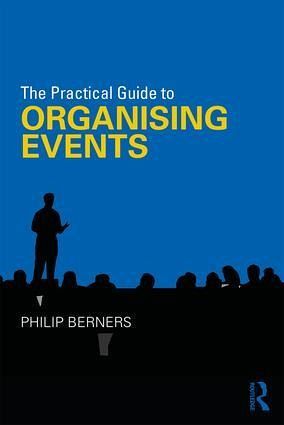
The Practical Guide to Organising Events
Versandkostenfrei!
Versandfertig in 1-2 Wochen
70,99 €
inkl. MwSt.
Weitere Ausgaben:

PAYBACK Punkte
35 °P sammeln!
The Practical Guide to Organising Events is a short, accessible and practical guide on how to successfully plan and organise a variety of event types in a wide range of contexts. The core sections of the text are logically structured around the key stages of event management - pre-event, on-site and post-event - offering essential practical insight and guidance throughout the whole process. Topics covered include proposal writing, budget, funding and sponsorship, health and safety, security and evaluation. This is a fundamental resource for all events management students running and organising...
The Practical Guide to Organising Events is a short, accessible and practical guide on how to successfully plan and organise a variety of event types in a wide range of contexts. The core sections of the text are logically structured around the key stages of event management - pre-event, on-site and post-event - offering essential practical insight and guidance throughout the whole process. Topics covered include proposal writing, budget, funding and sponsorship, health and safety, security and evaluation. This is a fundamental resource for all events management students running and organising an event as part of their degree programme. It is also a book for anybody who just happens to be tasked with organising an event such as an office party, a social networking event, Christmas party or family wedding. Based on experience, using real-life case studies and anecdotal examples, The Practical Guide to Organising Events ultimately makes the business of events management appealing, understandable and achievable.












